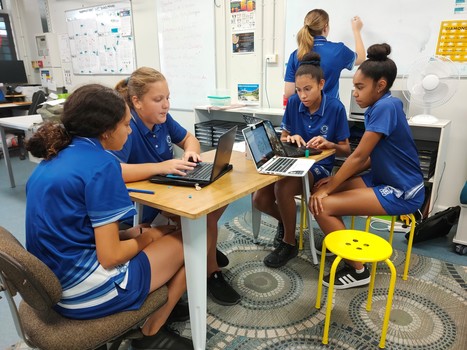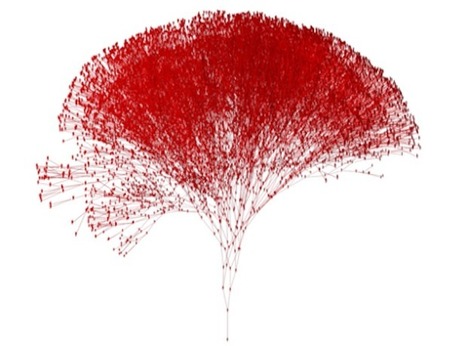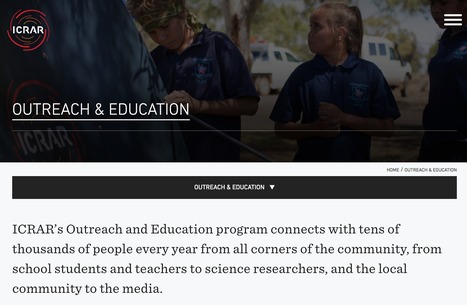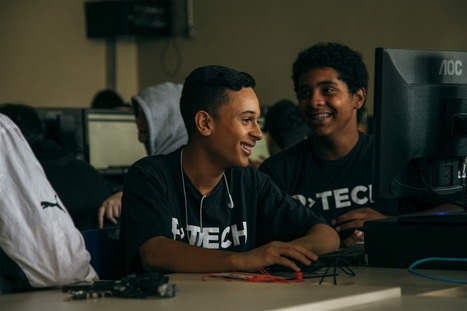Bebras Mini Challenges Bebras Mini Challenges are shorter versions of the Bebras Challenge with a focus on a particular Computational Thinking skill. Bebras Mini Challenges, like Bebras 365, are available as a free, easy-access resource throughout the year. Bebras Mini Challenges and do not require a student or teacher login to access and students will receive a grade upon completion of the questions. These challenges are shorter than Bebras 365 with a focus on one particular Computational Thinking skill. Bebras Mini Challenges have been divided into three categories: primary school students, middle school students and senior secondary students.The primary category is recommended for students in years 3-5, middle school for students in years 6-8, and senior secondary for students in year 9 and above. These age groupings are a suggestion only, and we encourage students to challenge themselves by attempting different question sets.

|
Scooped by Kim Flintoff |
Kim Flintoff's insight:
"Bebras Mini Challenges Bebras Mini Challenges are shorter versions of the Bebras Challenge with a focus on a particular Computational Thinking skill. Bebras Mini Challenges, like Bebras 365, are available as a free, easy-access resource throughout the year. Bebras Mini Challenges and do not require a student or teacher login to access and students will receive a grade upon completion of the questions. These challenges are shorter than Bebras 365 with a focus on one particular Computational Thinking skill. Bebras Mini Challenges have been divided into three categories: primary school students, middle school students and senior secondary students.The primary category is recommended for students in years 3-5, middle school for students in years 6-8, and senior secondary for students in year 9 and above. These age groupings are a suggestion only, and we encourage students to challenge themselves by attempting different question sets."
No comment yet.
Sign up to comment



 Your new post is loading...
Your new post is loading...









